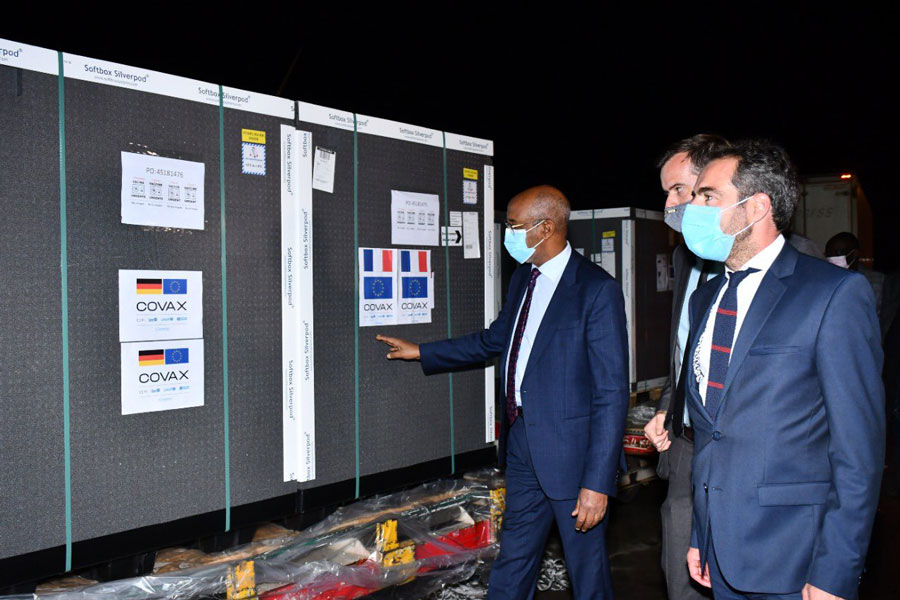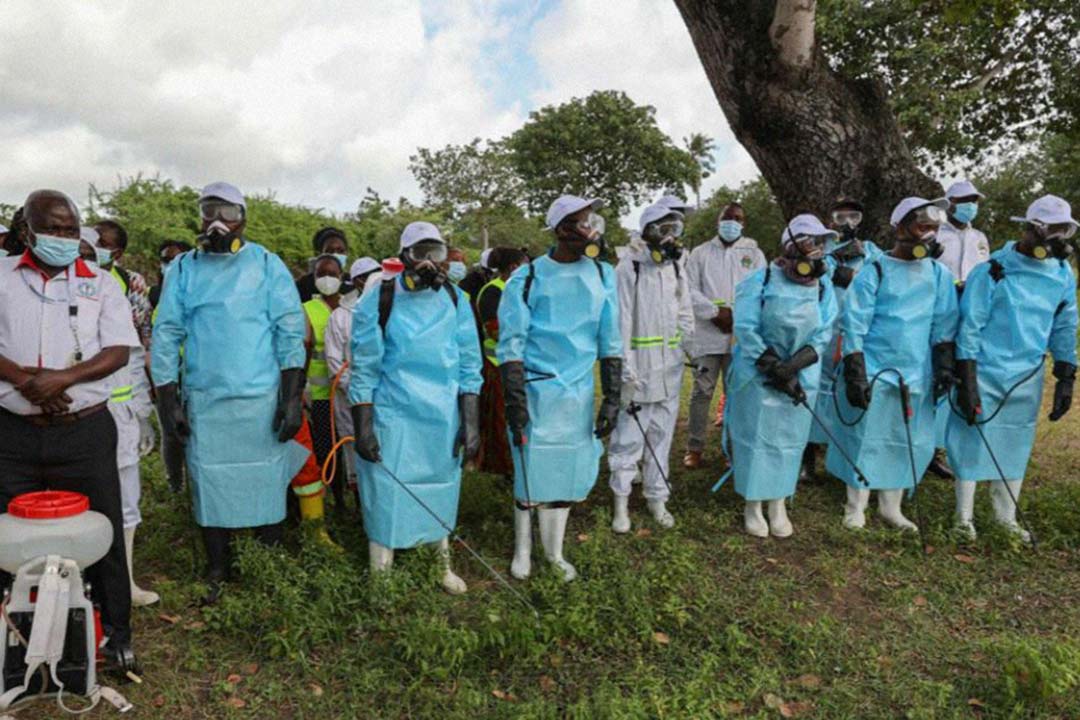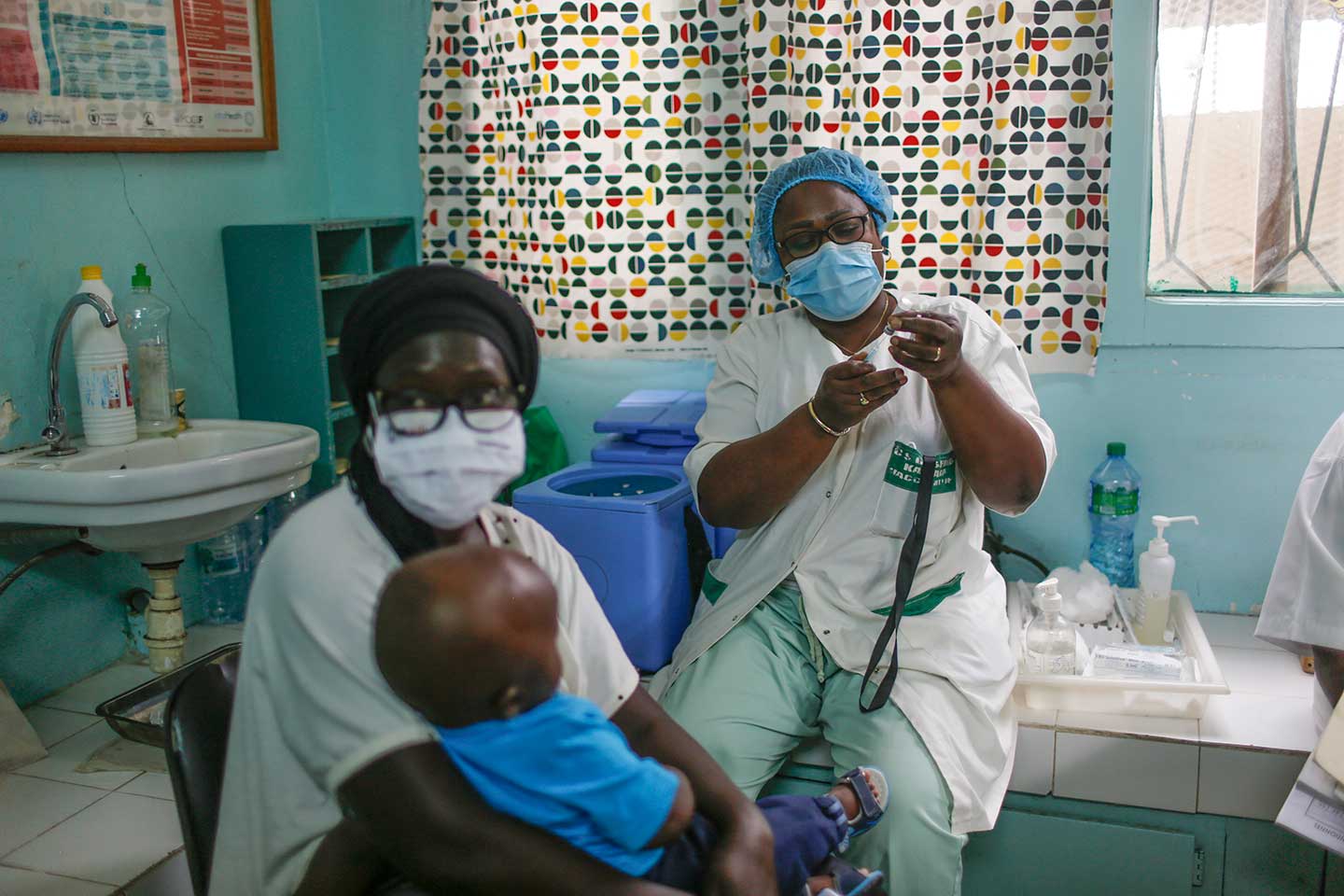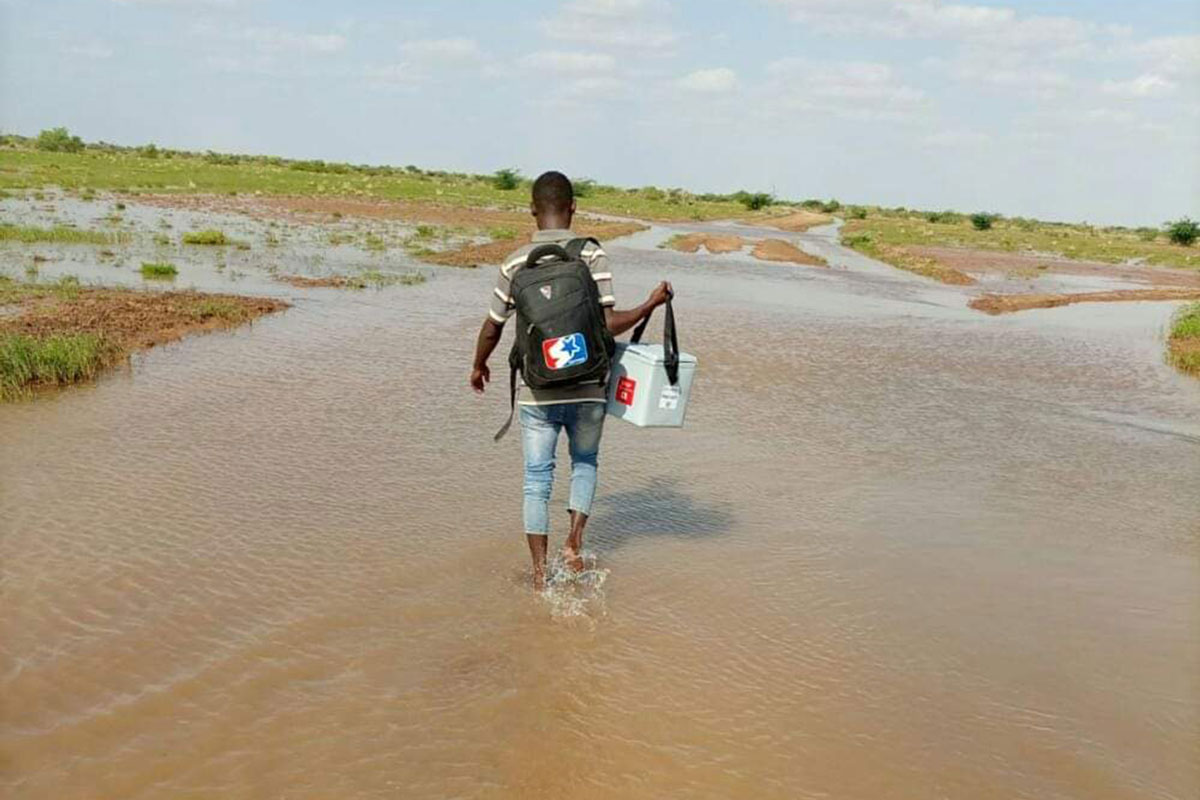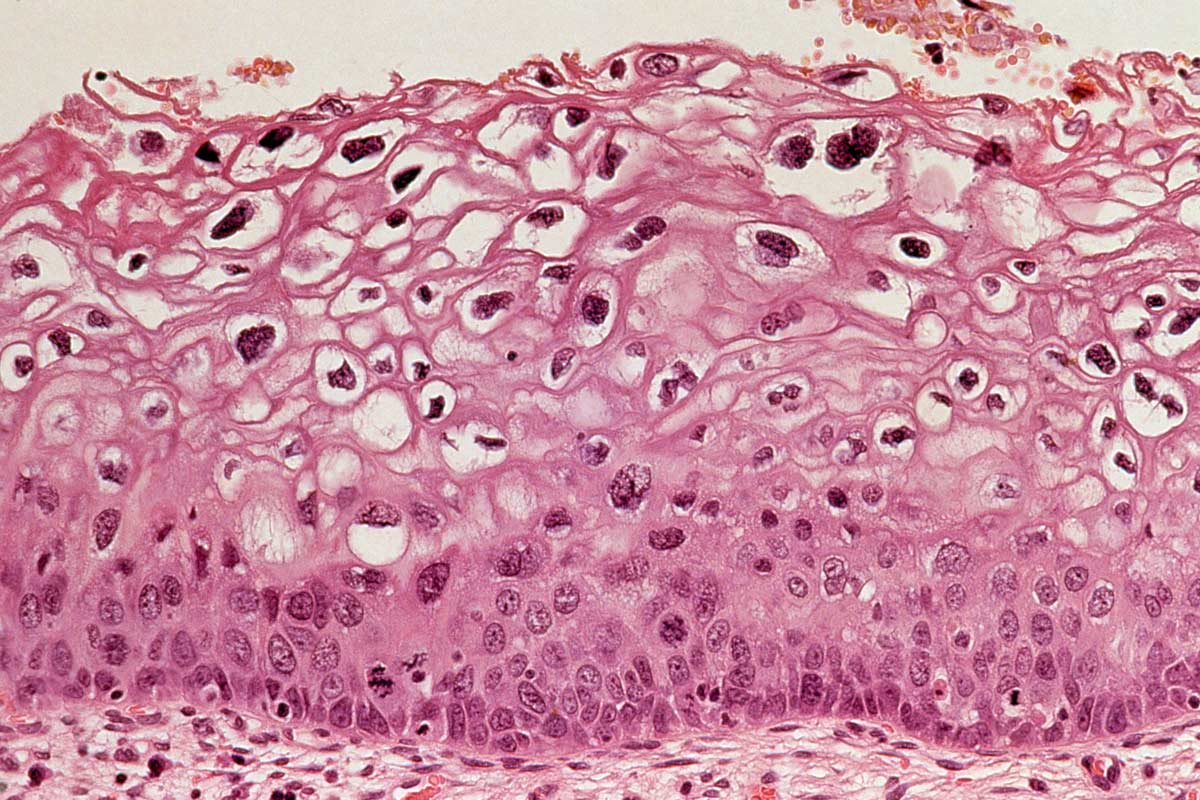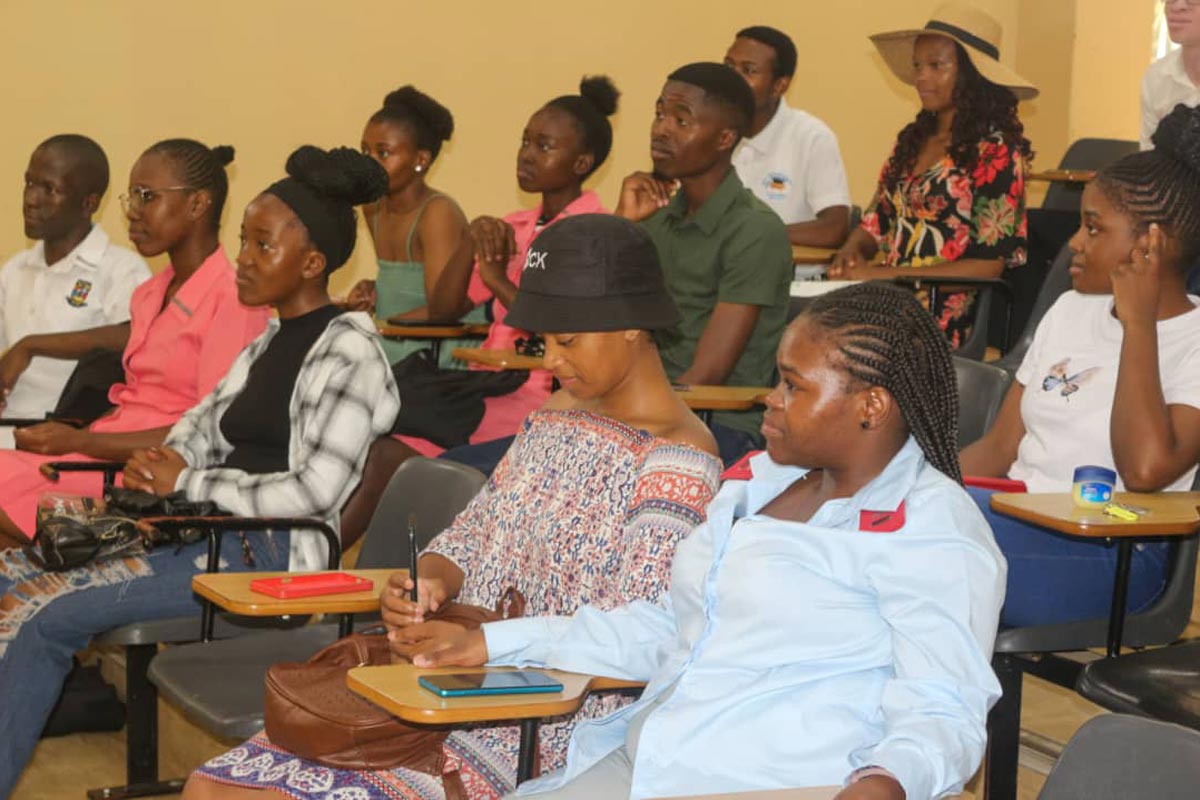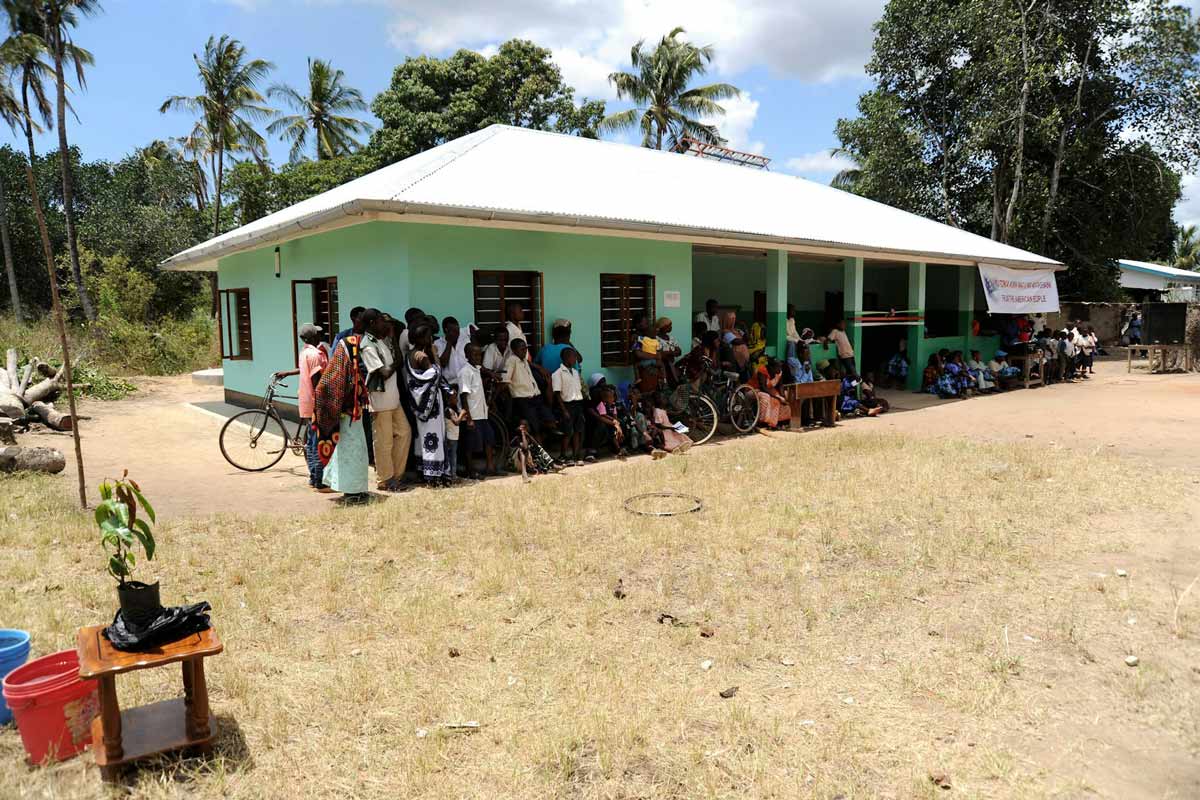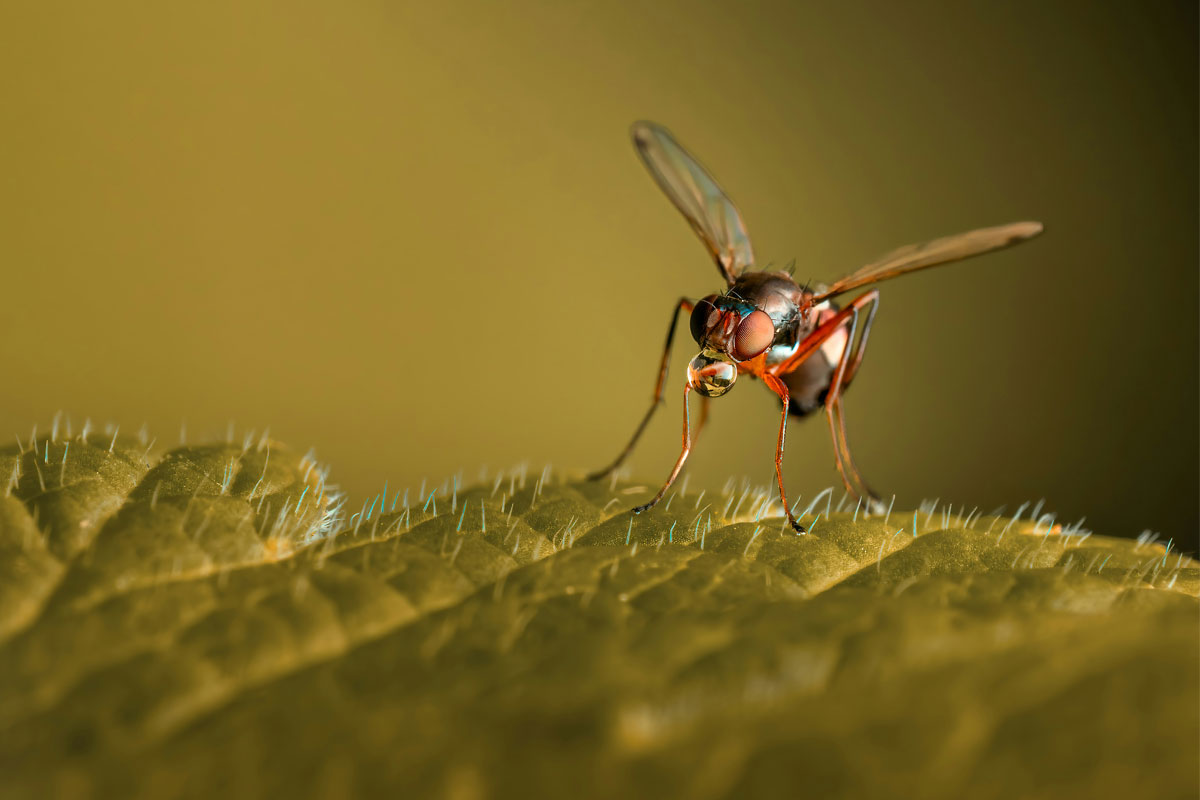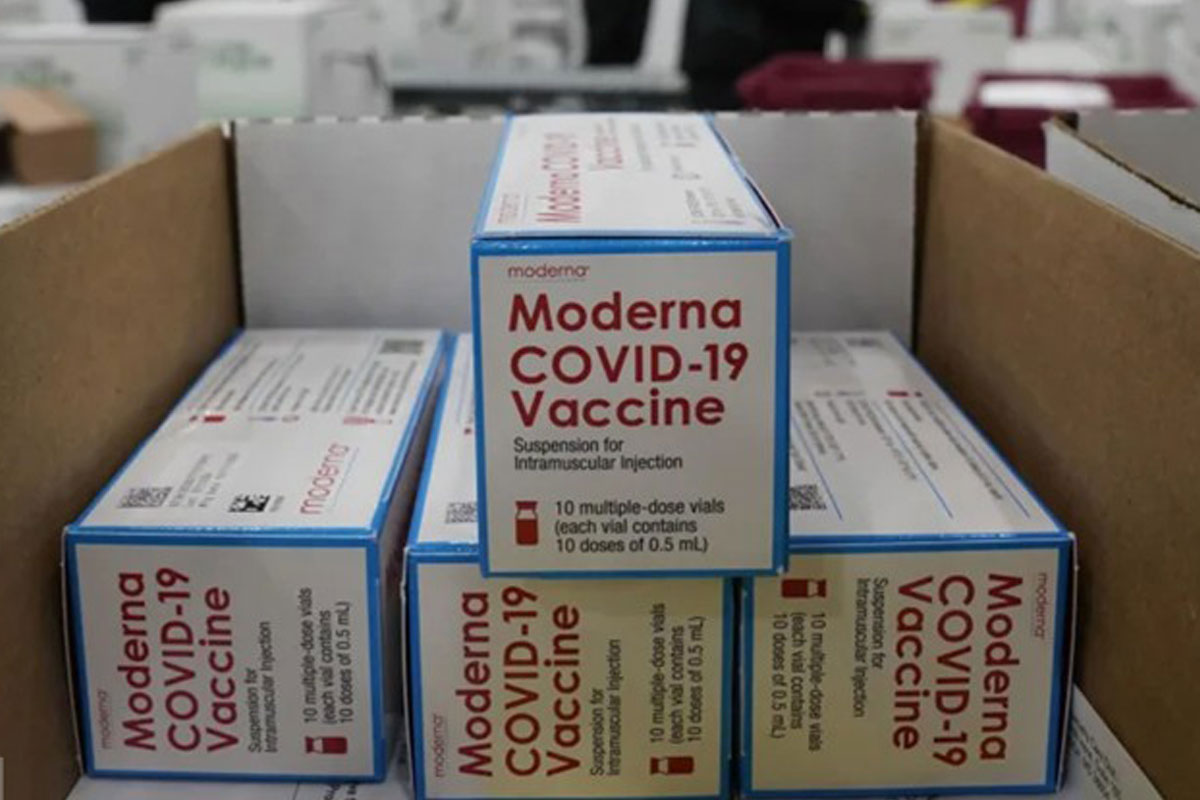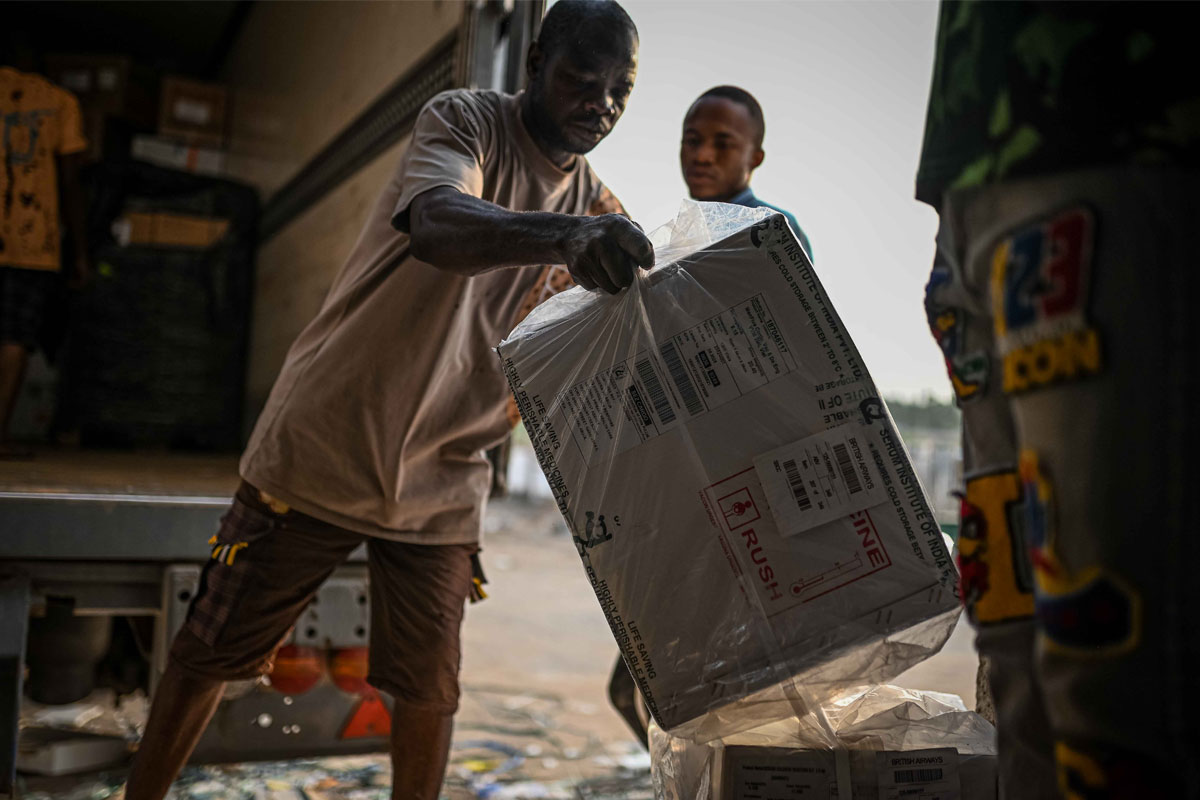COVID-19 vaccinations help restore family links in Kenya’s prisons
Inmates in Kenya’s prison system have been banned from seeing family members for over a year and a half. A vaccination campaign.
- 4 November 2021
- 5 min read
- by Mukami Mungai
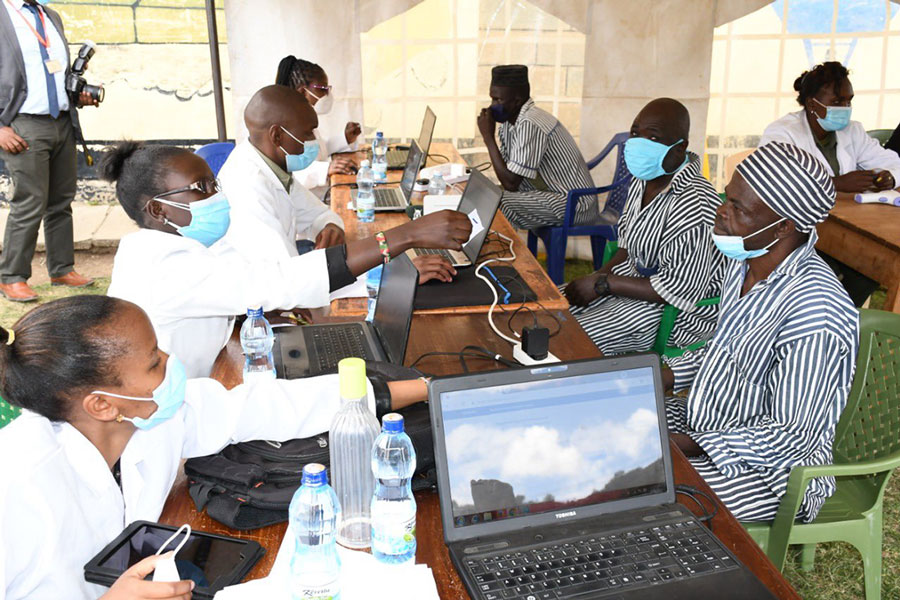
When the first case of COVID-19 was reported in Kenya in March 2020, the Ministry of Health implemented preventive measures to stop the virus from spreading. All public meetings were banned and all travel was prohibited, particularly to heavily afflicted countries.
“I’m delighted to have been vaccinated and I hope the government will allow our people to visit us in prison.”
The government also halted visits to jails and other youth detention facilities. The Ministry of Health reports that, since May 2020, 9,622 inmates and staff members have tested positive for the illness, with 32 succumbing to COVID-19.
According to health officials, jail congestion and deteriorating prison facilities put inmates and prison employees at risk of getting COVID-19. The number of inmates in the country’s 115 prisons is about three times the capacity of the facilities.
To allow for social distancing within the facilities, the Kenyan government has freed nearly 6,000 inmates. The prison population has decreased by 3%.
Another precautionary measure taken at the start of the pandemic was the suspension of family visits to inmates. Families of prisoners were denied access to their loved ones for more than a year and a half.
Now they finally have the chance to see their family again. The government has launched a widespread immunisation campaign aimed at 50,000 inmates in 133 correctional facilities around the country to allow family visits to resume. The Ministry of Health has made more than 100,000 doses available for the vaccination exercise.
To get a sense of the immunisation exercise, I went to Kamiti Maximum Security Prison, the country’s largest prison. I found health authorities setting up their computers inside two tents, to enter the data of inmates, including their names, ages, and vaccination status. Evans Wandera, a prisoner serving a ten-year sentence, agreed to a quick interview. He recently received his first dose of the AstraZeneca vaccine.

“COVID-19 made it impossible for me to see my family. My wife and daughter last came to see me in February 2020. I’ve been agonising about my family for months, and I’m sure they feel the same way,” he says.
Have you read?
“Lack of visiting has caused a lot of psychological and mental health concerns, as well as a lack of certain basic needs, especially toiletries such as soap, toothpaste, and tissue paper, which my family generally provides.”
Over 80% of inmates at the Kamiti Maximum Prison have been immunised. Prisoners are especially enthusiastic about getting the vaccines, according to Winnie Guchu, Chief Administrative Secretary at the State Law Office and Department of Justice, because they want to see their relatives who have been kept away from the facilities.
“Families haven't been permitted to visit the convicts because we don’t want people to introduce COVID-19 into the prisons. After consulting with the Ministry of Health, we concluded that the only way we can begin prison visits is to ensure that all convicts and staff are vaccinated,” she says.
The Kenya Red Cross and the International Committee of the Red Cross (ICRC) handed mobile phones to inmates in 128 jails around the country to help them maintain contact with their relatives during the pandemic.
According to Olivier Dubois, the ICRC’s head of mission in Kenya, “COVID-19 is a virus that has no bounds. It might be disastrous if the virus slips inside a prison’s walls. Physical separation is impossible, so we’re doing everything we can to avoid an epidemic in the first place and collaborating with authorities on what steps to take if one does occur.”
The ICRC is also collaborating with Kenya Prison Services to implement COVID-19 medical protocols in prisons. They include infection prevention measures such as handwashing and temperature checks at prison entrances, as well as procedures to follow if an inmate becomes ill and needs to go to a hospital.
“Officers who work with inmates must get vaccinated,” Evans says. “I’m delighted to have been vaccinated and I hope the government will allow our people to visit us in prison.”
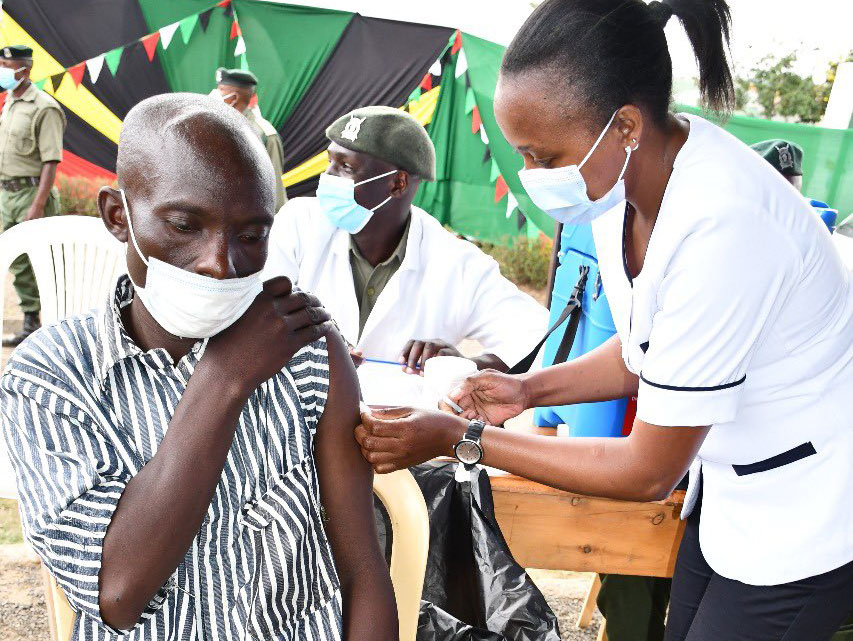
Prison officials work in a highly sensitive setting, according to Kenya Prisons Commissioner General Wycliffe Ogallo, and require a high level of protection.
“We moved quickly to implement a comprehensive plan based on the advice of our medical and public health experts, not only to limit individual exposure to the virus and its spread within our correctional facilities and across the country, but also to fortify the 54,000 inmates, 28,000 staff, and their families against COVID-19. Vaccinations in prison are voluntary, and there has been a lot of sensitisation among prison employees and convicts.
“We don't want to open up the prison and bring in COVID-19,” he adds, “so we’re insisting on everyone within the correctional facilities getting vaccinated to ensure our people’s protection,” he adds.
By December 2021, the Kenyan government hopes to have vaccinated at least 10 million people through the national accelerated COVID-19 vaccination campaign. more than 6 million COVID-19 vaccine doses have been delivered to the country via COVAX, however only roughly 2% of the country’s 53 million people have been fully immunised.
